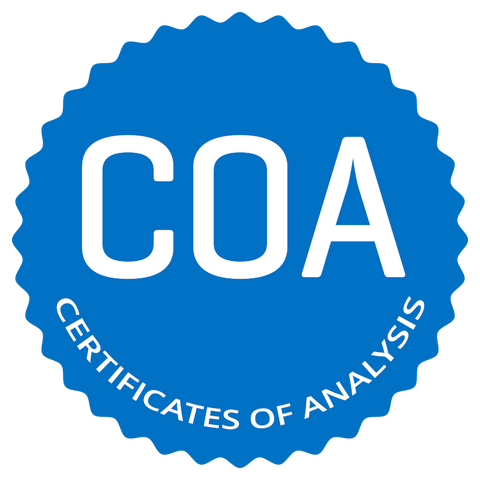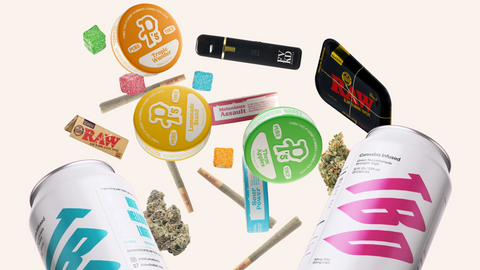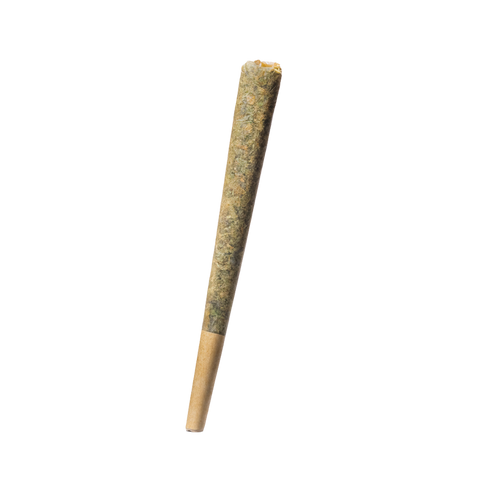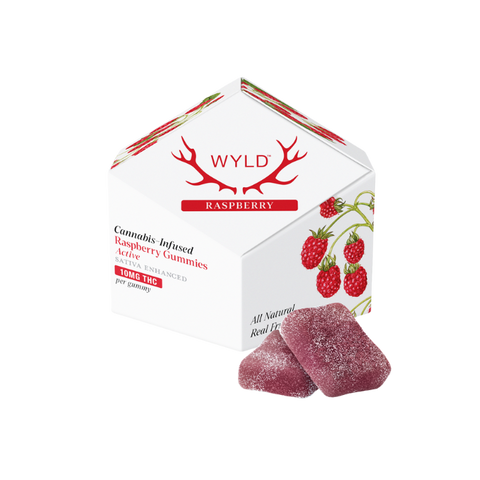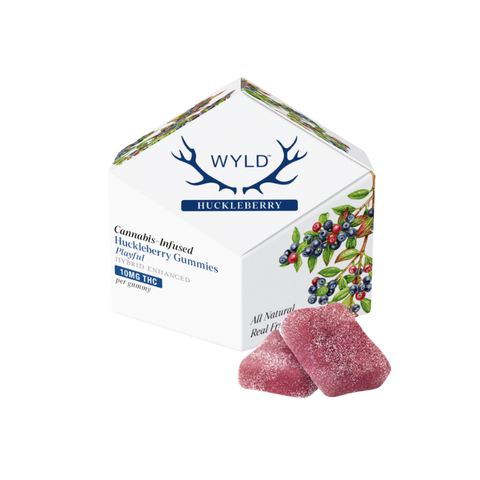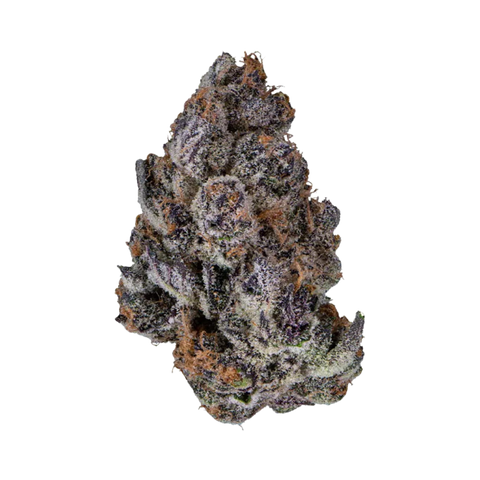The cannabis world is full of different cannabinoids, each with its own effects, benefits, and legal status. If you’ve ever wondered what sets Delta-8 apart from Delta-9 or how THCA differs from THC, you’re in the right place. As someone living in Austin, Texas, I know firsthand how confusing these laws and products can be. Let’s break down the most popular cannabinoids, their uses, and what’s actually legal in Texas.
The Most Popular Cannabinoids: What You Need to Know
There are over 100 cannabinoids in hemp and cannabis, but only a handful are well-known and widely used. Here’s a closer look at the most popular ones:
Delta-9 THC
This is the primary psychoactive compound in cannabis—the one most people think of when they hear “THC.” Delta-9 is responsible for the traditional psychoactive feeling associated with marijuana. While it remains federally illegal in concentrations above 0.3% in hemp products, Texas law follows the federal guidelines, meaning only hemp-derived Delta-9 products under that threshold are legal.
-
Effects: Euphoria, relaxation, altered perception, increased appetite
-
Use Cases: Recreational use, pain relief, appetite stimulation, nausea control
Delta-8 THC
Delta-8 is a milder, hemp-derived relative of Delta-9. It produces psychoactive effects, but they’re generally less intense, making it popular for people who want a more functional or relaxed experience. Texas law allows Delta-8 products as long as they are derived from hemp and contain less than 0.3% Delta-9 THC.
-
Effects: Mild euphoria, relaxation, reduced anxiety
-
Use Cases: Stress relief, mild pain management, sleep support
THCA (Tetrahydrocannabinolic Acid)
THCA is the raw, unheated form of THC found in hemp and cannabis. On its own, it’s non-intoxicating, but when heated (through smoking, vaping, or cooking), it converts into Delta-9 THC. Because of this, THCA exists in a legal gray area, as it remains compliant as long as Delta-9 THC levels don’t exceed federal and Texas limits.
-
Effects: Non-psychoactive in raw form, but converts into THC when heated
-
Use Cases: Wellness applications, anti-inflammatory potential, neuroprotective properties
THC-P (Tetrahydrocannabiphorol)
THC-P is one of the strongest cannabinoids available, with research suggesting it binds to cannabinoid receptors more effectively than Delta-9 THC. This means it can be significantly more potent, and since it is derived from hemp, some products containing THC-P are sold under the same legal framework as other hemp cannabinoids in Texas.
-
Effects: Intense euphoria, stronger psychoactive effects than Delta-9 THC
-
Use Cases: Pain relief, strong relaxation, recreational enjoyment (where legally permitted)
CBD (Cannabidiol)
CBD has exploded in popularity due to its non-intoxicating nature and wide range of potential benefits. Unlike THC, it doesn’t produce a high, making it a go-to for those seeking wellness support without mind-altering effects.
-
Effects: Calming, anti-inflammatory, non-intoxicating
-
Use Cases: Anxiety relief, pain management, sleep aid, overall wellness
Other Cannabinoids & Their Uses
Beyond the big names, several other cannabinoids are gaining attention for their unique effects:
CBG (Cannabigerol)
Often called the “mother of all cannabinoids,” CBG is the precursor to THC and CBD. It’s being researched for its potential neuroprotective and digestive benefits.
-
Effects: Non-psychoactive, may support gut health and focus
-
Use Cases: Digestive support, inflammation management, focus enhancement
CBN (Cannabinol)
CBN is created when THC ages, and it’s best known for its sedative properties. Many sleep-focused hemp products contain CBN for its potential relaxation effects.
-
Effects: Mildly sedative, non-intoxicating
-
Use Cases: Sleep aid, relaxation, potential anti-inflammatory benefits
HHC (Hexahydrocannabinol)
HHC is a hydrogenated form of THC that is reported to have long-lasting effects. Some users say it provides a balanced, semi-psychoactive experience.
-
Effects: Mildly intoxicating, potentially longer-lasting than THC
-
Use Cases: Relaxation, stress relief, mood enhancement
Which Cannabinoid Is Right for You?
Choosing the right cannabinoid depends on what you’re looking for:
-
For relaxation without intoxication: CBD, CBG
-
For mild psychoactive effects: Delta-8, HHC
-
For stronger psychoactive effects: Delta-9 THC, THC-P, THC (from heated THCA)
-
For sleep support: CBN, Delta-8
-
For overall wellness: CBD, THCA, CBG
Final Thoughts
If you’re in Austin, you’ve probably seen our trucks selling all kinds of hemp-derived products. While hemp cannabinoids like CBD, Delta-8, and THCA are legal under state and federal law, it’s always good to check lab reports and buy from reputable sources. Texas laws are constantly evolving, so staying informed is key.
For more insights on cannabinoids and hemp-derived products, keep an eye on our blog. Stay informed, y’all.



